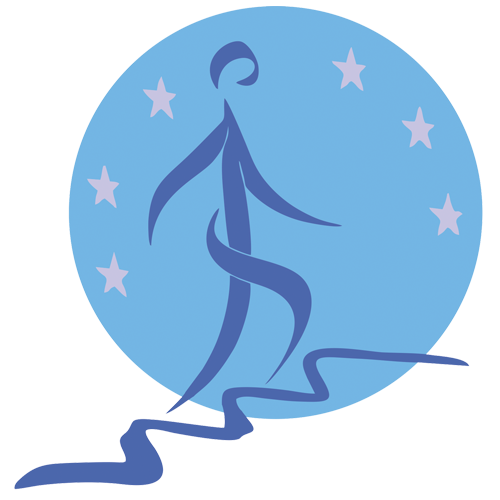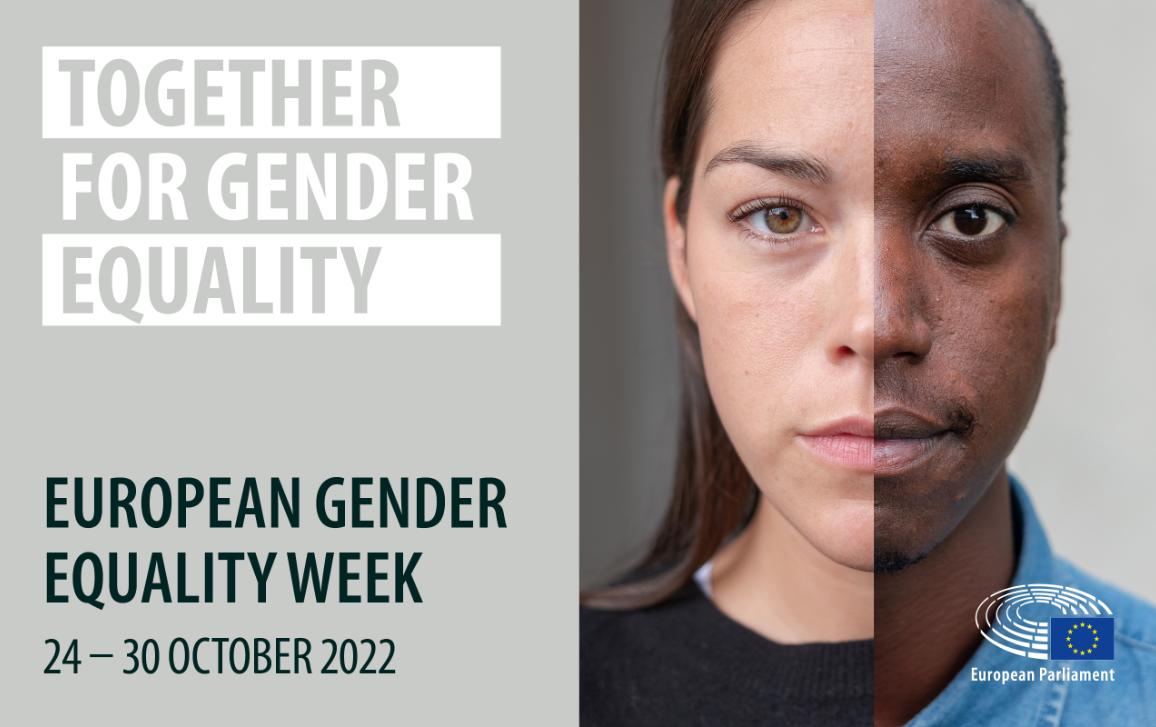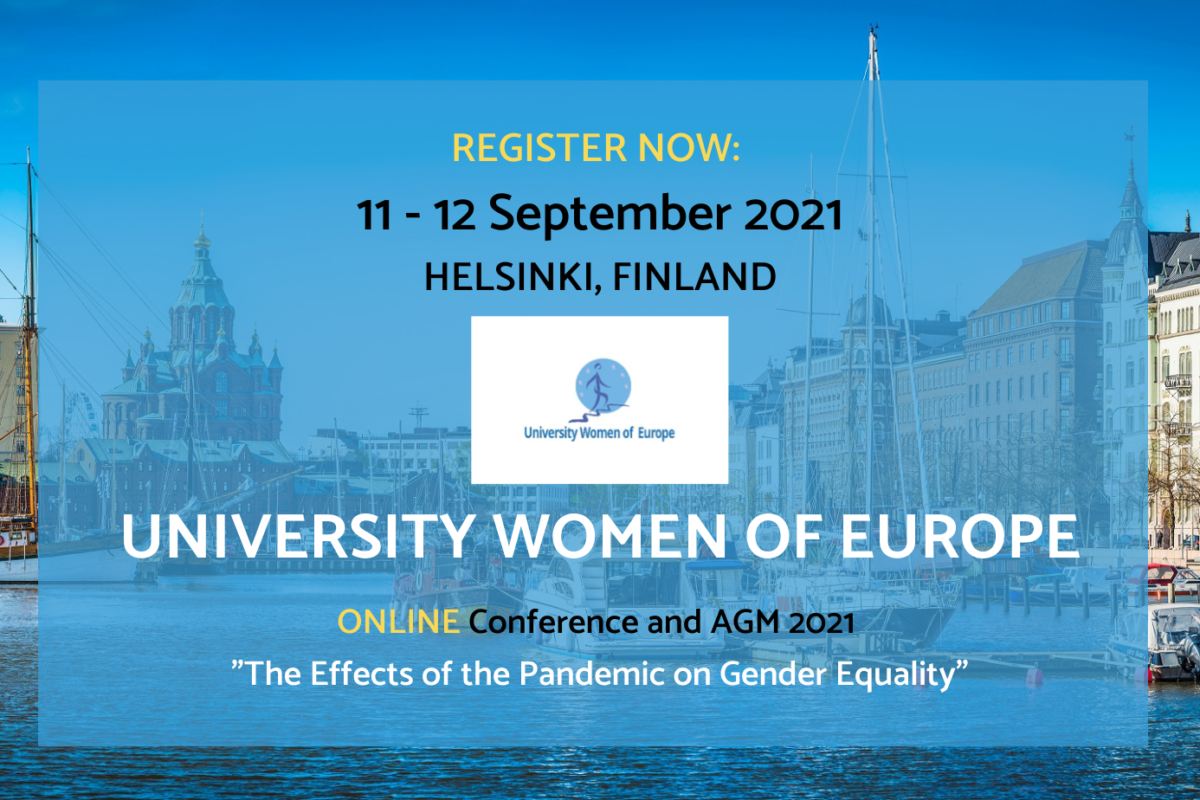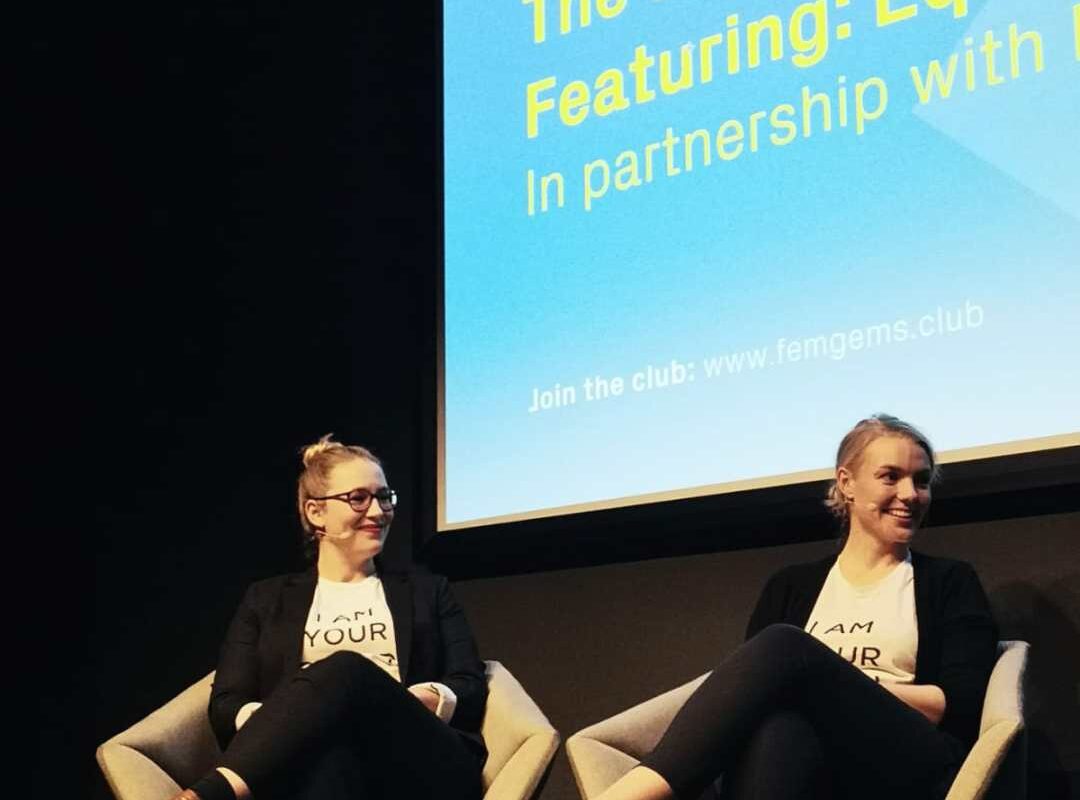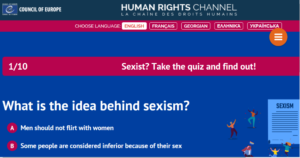 Gender equality implies equal rights for men and women in all fields of activities and is vital for the respect of human rights and the rule of law governing democratic countries.
Gender equality implies equal rights for men and women in all fields of activities and is vital for the respect of human rights and the rule of law governing democratic countries.
Sexism is, however, widespread in all countries and touches both our professional and private lives. Monitoring shows that progress is very slow in areas such as women’s participation in political and decision-making processes, their access to quality jobs, fair remuneration and pensions, according to the “Council of Europe Gender Equality Strategy 2018-2023”. Such discrimination also negatively impacts women’s private lives due to their unfair share of domestic responsibilities.
Yet women’s contribution to families, societies and national economies cannot be denied. Sexism is rooted in irrational historical norms and stereotypes and must be eradicated if we want to enjoy living in balanced and inclusive societies.
The Council of Europe is concerned by sexism and has established standards and actions to tackle this worrying global issue. The Committee of Ministers’ Recommendation CM/Rec(2019)1 invites policy makers to prevent and combat sexist practices through changes in targeted areas including the legal system, education, sport, language, advertising, internet and social media. The document requires the setting up of appropriate policies and actions and the supervision to make sure these goals are correctly put into action.
But beyond public authorities, all of us can all help to achieve real change in our cultural habits, challenging negative attitudes towards women based on stereotyped gender roles. Our aim should be to offer women a higher social status, and to achieve gender-equal societies.
To start with, you may want to discover if you are sexist. Take this test. to find out!
Keep doing your bit for gender equality and spread the word about the Quiz!

